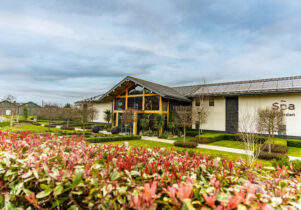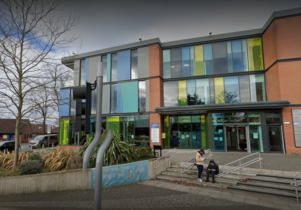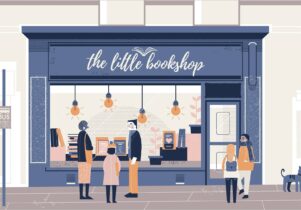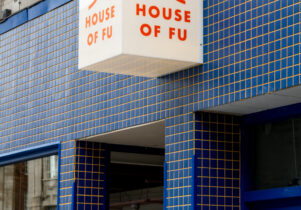Rights of the Child at Quarry Bank
Creative Tourist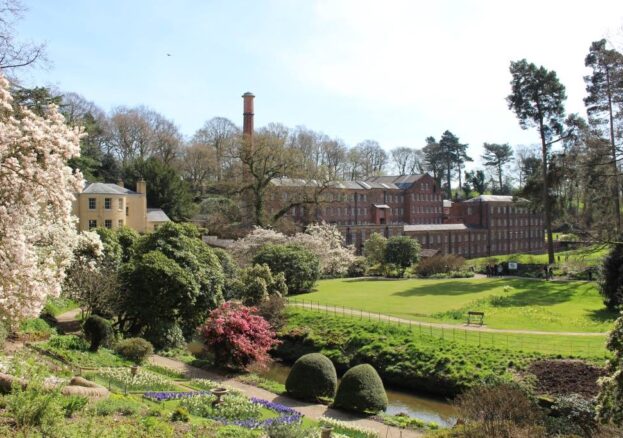
Discover how children’s rights have changed over time in a fascinating new exhibition at Quarry Bank, Rights of the Child.
Explore the experiences of hundreds of children who worked at Quarry Bank, tracing the evolution of children’s rights from the 19th century to today.
See archive material from Quarry Bank and Dunham Massey, including letters, newspaper articles and indentures, which capture the stories of working class people and the evolving right for fair and appropriate treatment of children. Their calls for representation, rights and equality.
It’s pretty special to witness their stories as you feel the thundering of the mill machinery beneath your feet, giving some sense of the working conditions experienced by the children at Quarry Bank.
The exhibition uncovers the stories of Quarry Bank’s child workers asking ‘what are the rights and freedoms we can expect today, and how did we secure them?’The exhibition is part of the National Trust’s year-long programme People’s Landscapes, a series of events and activities that will explore landscapes where people came together to seek dramatic social change.
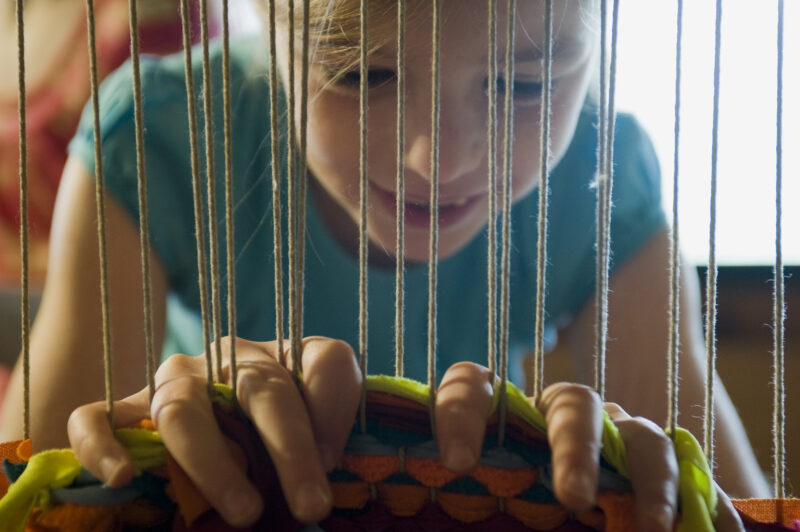
When the mill at Quarry Bank first opened in 1784, children made up over 50% of the workforce forming a vital part of the mill’s operation. Children as young as 8 years old were employed for cheap labour, brought from the workhouses or their family homes to the Apprentice House at Quarry Bank. As many as 90 children lived together at any one time, working long and gruelling hours in the mill under dangerous conditions, in exchange for food, clothes and board. Their work shaped the industrial revolution in Manchester and helped Quarry Bank to become one of the largest cotton manufacturing businesses in the world.
As part of one of the first ever industrial communities, these children were on the frontline of a new and emerging relationship between workers and the powerful elite, between rights and responsibilities. Their story is that of the early Industrial Revolution, when society stood at a turning point.
2019 is a topical year for the rights of children marking the 30th anniversary of the UN Convention on Rights of the Child, which outlines the political, economic, social and cultural rights that all children today are entitled to. These include rights to leisure, play and culture, access to health services and protection against child labour. 2019 is also a key year in Manchester’s history of social change marking 200 years since the Peterloo Massacre, a key moment in British history when working people marched to demand a voice and were cut down, leading to a resurgence in demands for representation, equality and opportunity.
It’s fascinating to uncover Quarry Bank’s connection to these events and discover how mill owners Samuel Greg and Robert Hyde Greg witnessed the massacre and spoke out against the atrocities. Nevertheless, the Greg family were part of a manufacturing class who would often put profit before people, silencing calls for improved working conditions and blocking appeals to reduce working hours to 10 hours per day.
Leave time to adventure around the gardens this summer and take part in regular family activities at weekends and school holidays.

